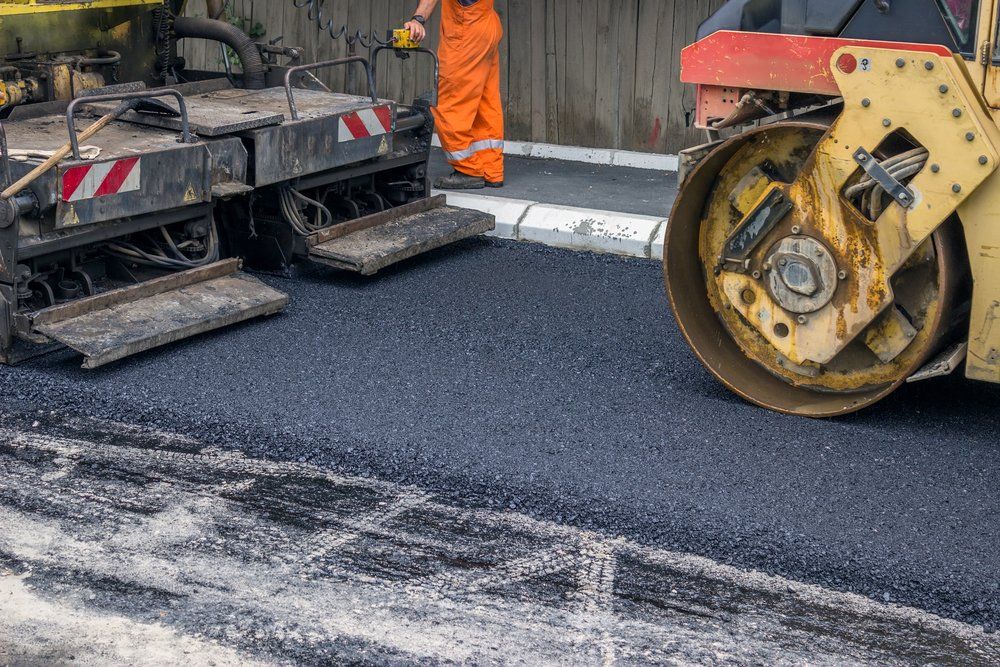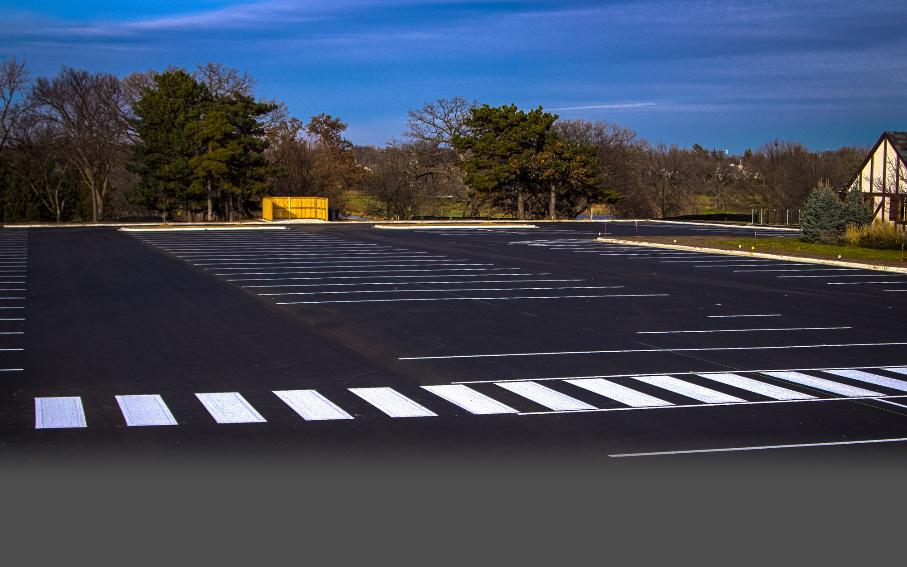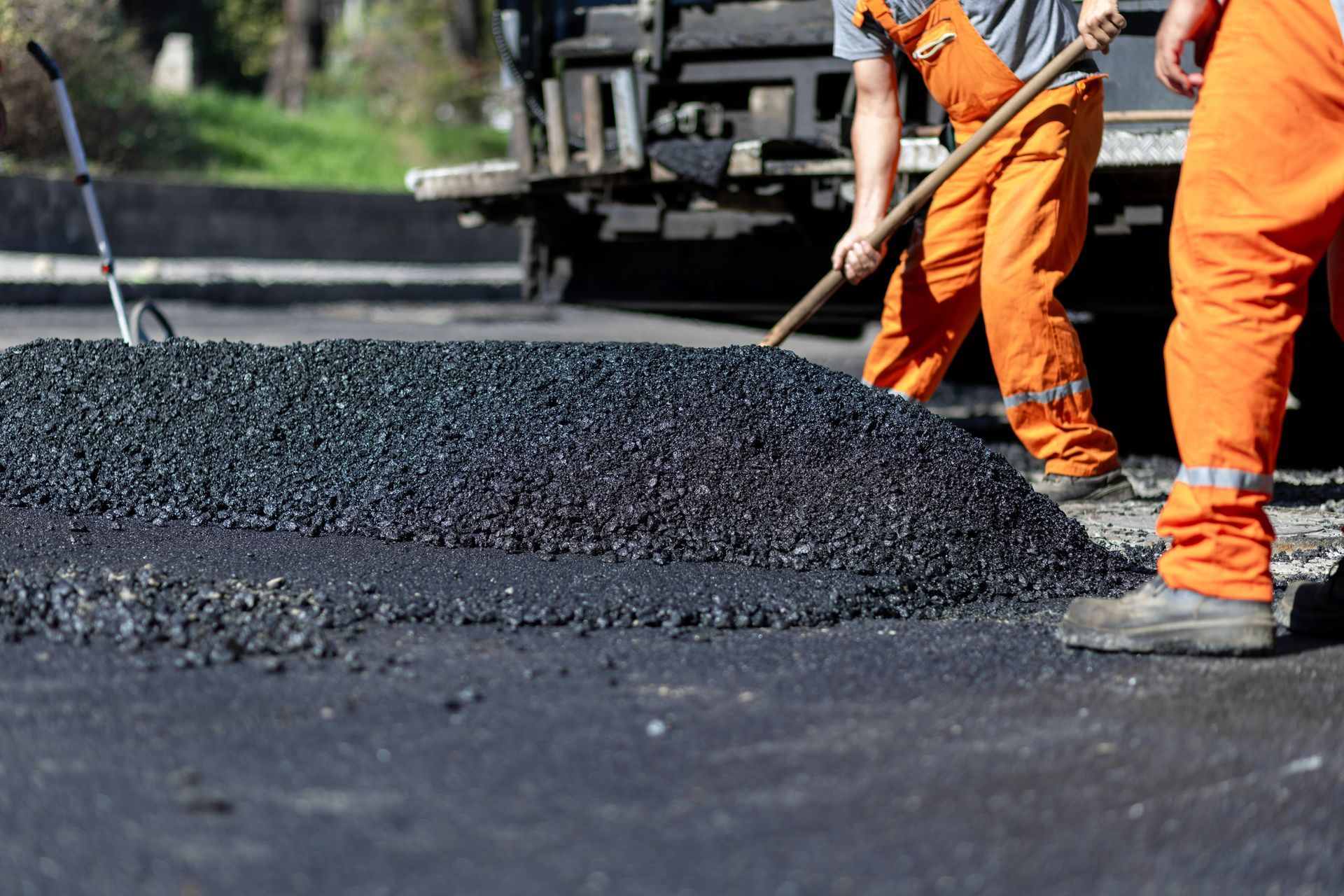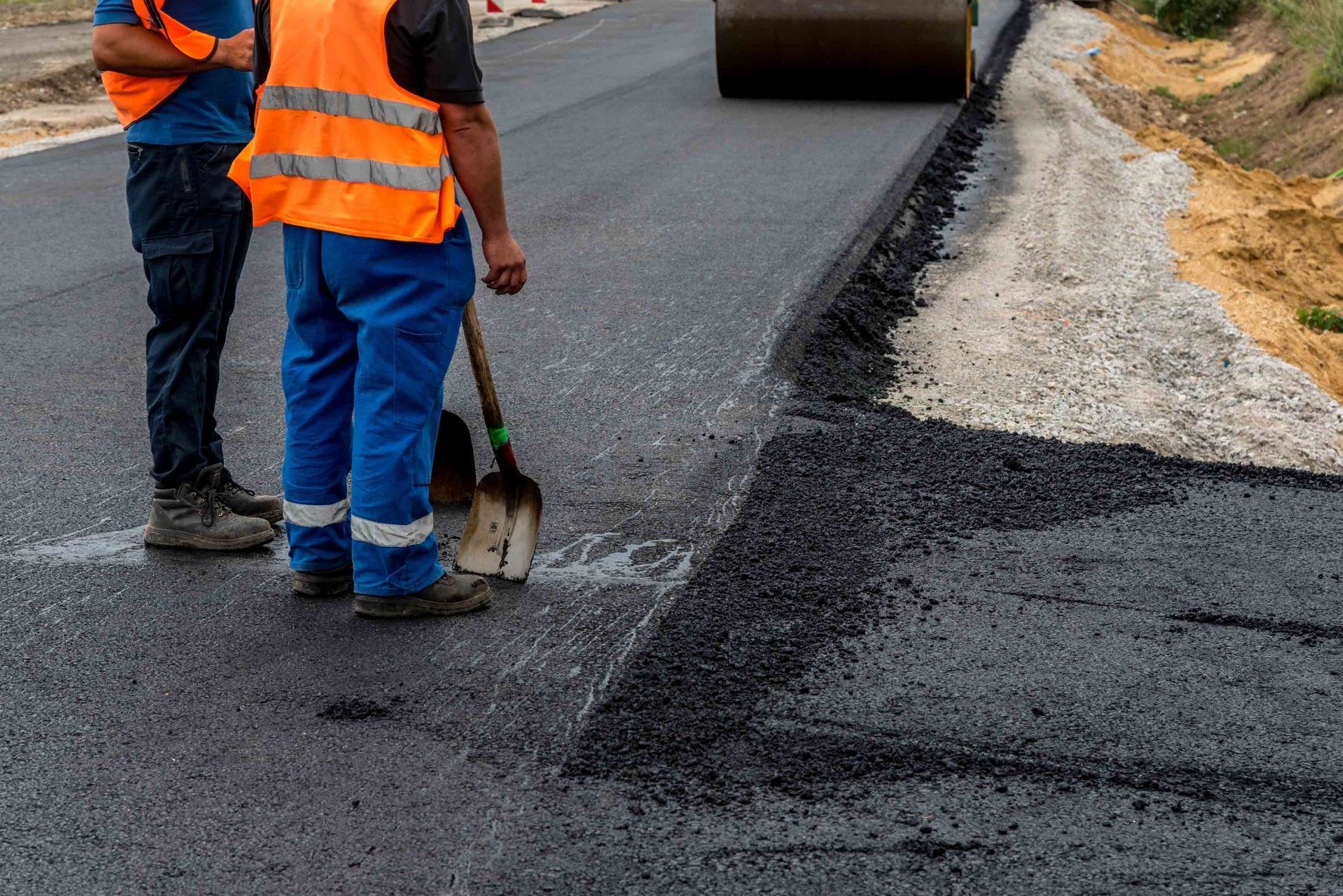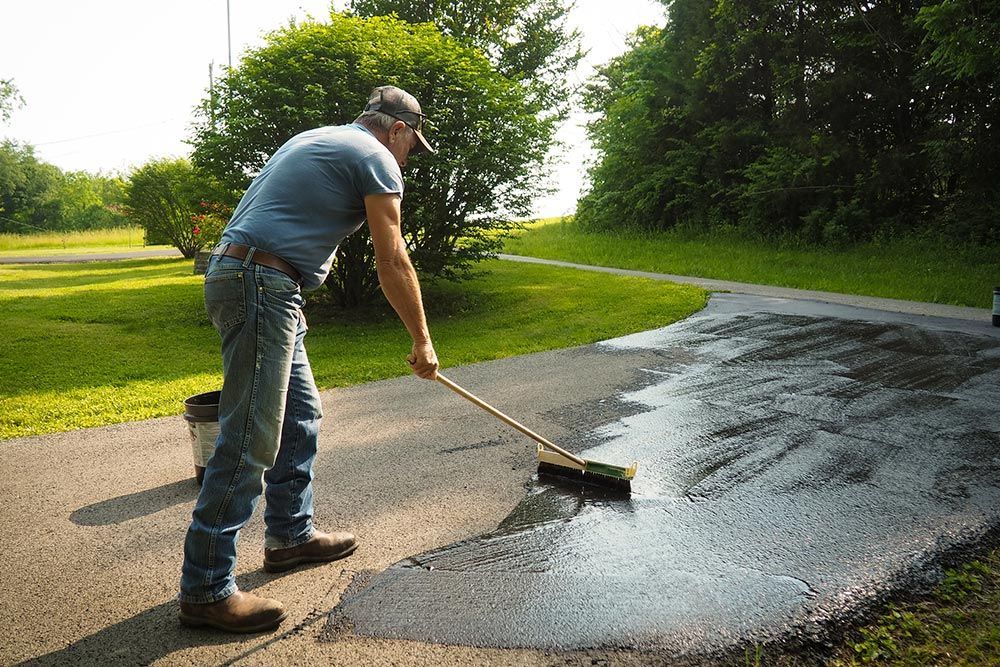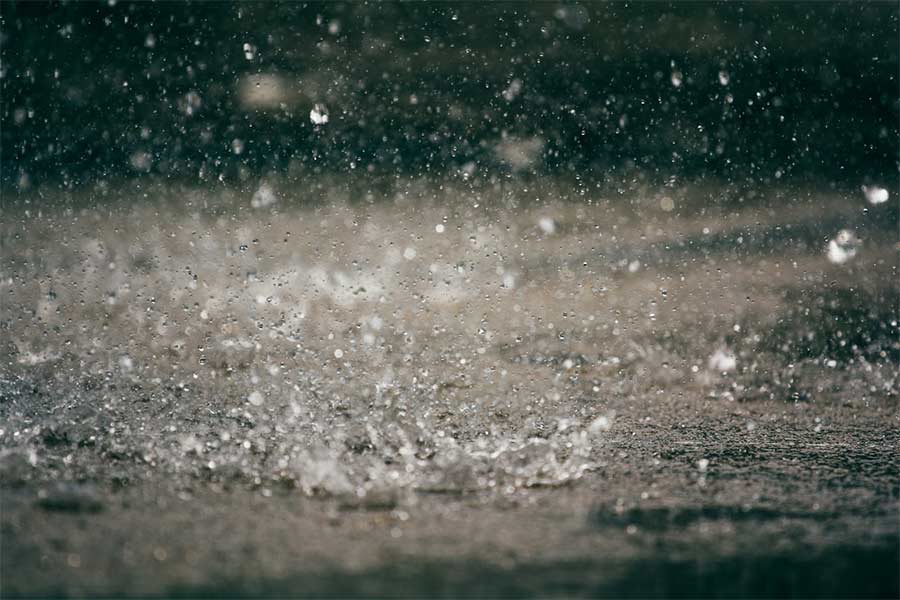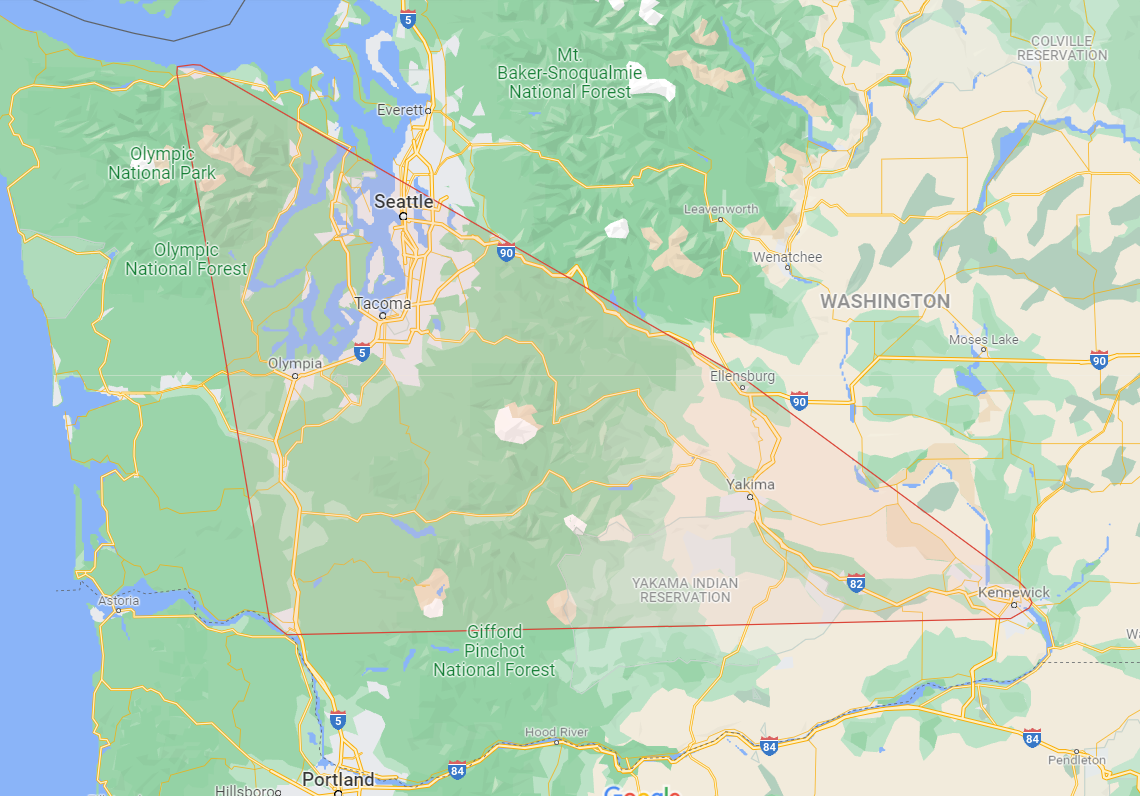When to Seal Asphalt Driveways

Periodically sealing asphalt driveways helps driveways resist deterioration and last longer. Specifically, sealing prevents individual stones from eroding and cracks from forming by keeping water from penetrating the asphalt. If you have an asphalt driveway, then here's a guide on when to have it sealed.
Have Your Driveway Sealed After at Least Six Months
First, new driveways shouldn't be sealed within six months of installation because oils in them need to evaporate.
While it takes only a few days for driveways to cure enough so you can park on them, some oils remain in driveways for months. As long as these oils are in asphalt, the asphalt won't be as hard and strong as it could be.
Waiting at least six months between installing a new driveway and sealing it gives the oils in the asphalt ample time to evaporate. Sealing any sooner will trap the oils in the asphalt and the driveway won't be as durable as it should be.
However, sealing is rarely needed six months after a driveway is installed. If your driveway is really in need of sealing this soon after installation, then there might have been an issue with the initial paving. Contact the paving company that put your driveway in and ask them about any problems that are developing.
Have Your Driveway Sealed Every Two to Three Years
Once your asphalt driveway is installed, the general guideline is to seal it every two to three years. Oversealing can actually be detrimental and can create hairline cracks in the sealant and lead to peeling.
Whether two or three
years is a better interval for your particular driveway depends on several variables, including the driveway's age, the vehicles you park on it, and the local climate. A professional driveway paving and sealing company can help you determine the exact interval of time to have your driveway sealed based on these factors.
Have Your Driveway Sealed When Individual Stones Are Visible
If you don't know when your asphalt driveway was last sealed, you can go by the driveway's appearance. When individual stones within the asphalt can be distinguished, the driveway should be sealed. If individual stones are visible, they're either already flaking off or will be soon. The sealant will help hold the stones together and stop water from penetrating between the stones.
Have Your Driveway Sealed When Cracks Appear
Similarly, anytime cracks are visible your driveway should be sealed. Cracks are especially bad for driveways, as they allow large amounts of water (which can freeze in cold climates) and debris in under the surface of the asphalt.
If you see any cracks, then you might be able to have just the cracks sealed or you may need the entire driveway sealed depending on how large, deep, and numerous the cracks are.
Have Your Driveway Sealed When the Weather is Warm and Dry
If you decide your driveway needs to be sealed, then schedule the work on a warm day when precipitation isn't in the weather forecast. The temperature should be at least 45 degrees Fahrenheit
for a few days, and warmer temperatures are even better. Additionally, rain shouldn't be in the forecast at least two days so the sealant has time to dry.
Have Your Driveway Sealed Before Late Afternoon
If you live in a place that's prone to fog or dew, then make sure your driveway is sealed before late afternoon. The job should be completed while the sun is still fairly high in the sky and temperatures are close to their peak for the day. This will ensure the asphalt has time to initially dry before the next morning's dew or fog washes the sealant off.
Asphalt will still need additional time to dry before it can withstand a rainstorm, but applying earlier in the day lets it cure enough so that fog or dew won't cause any damage. To have your driveway sealed
contact our experts at Sealtech Asphalt.
